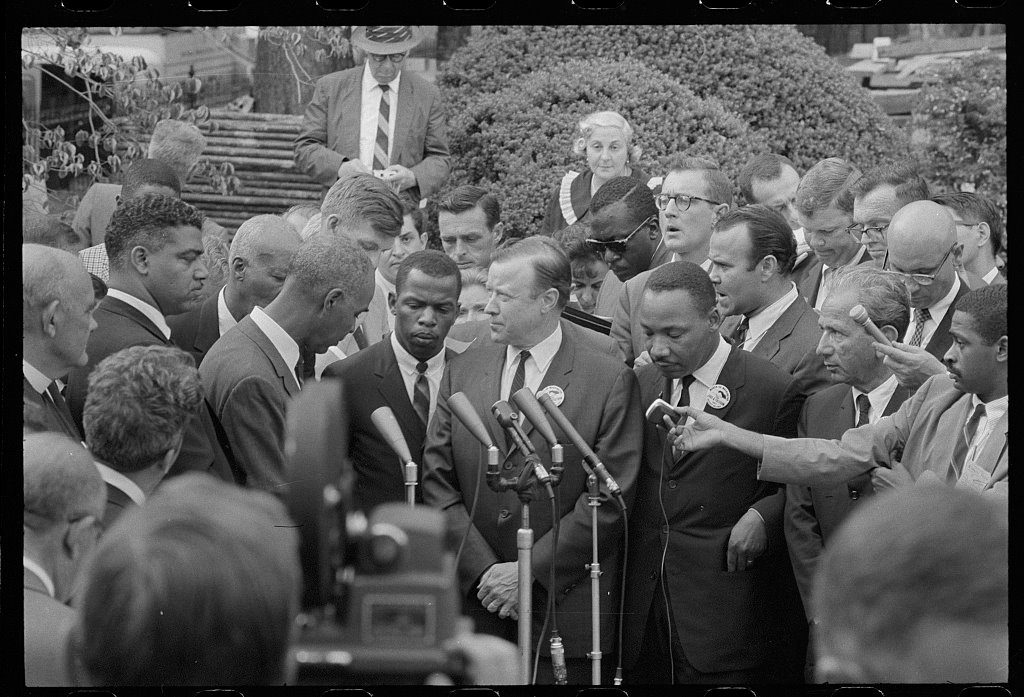
John Lewis, the venerable congressman of Georgia’s fifth congressional district and recipient of the Presidential Medal of Freedom has died at age 80. Often dubbed “the conscience of the Congress”, Lewis was also a solid component of the Civil Rights Movement. He was diagnosed with pancreatic cancer in December 2019.
Former President Barack Obama and Martin Luther King III were amongst those who expressed their condolences and their gratitude for Lewis.
Obama on Lewis:
“He loved this country so much that he risked his life and his blood so that it might live up to its promises. And through the decades, he not only gave himself to the cause of freedom and justice, but inspired generations that followed to live up to his example.”
Born on 21st February 1940 in Troy Alabama, Lewis had little interaction with white people due to Troy’s segregated settings. As he grew older, trips into town with his family left him with experiences of racism and segregation. He met Rosa Parks when he was 17, and Martin Luther King Jr when he was 18, describing both individuals as his inspiration “to get into good, necessary trouble.”
As a student, he was very dedicated to the Civil Rights Movement; he arranged sit downs at segregated lunch counters as a form of direct action and took part in civil rights activities as part of the Nashville Student Movement. Despite being arrested and jailed multiples times, Lewis continued to engage in nonviolent protests to desegregate the downtown area of the city.
In 1961, Lewis became one of the original 13 Freedom Riders – civil rights activists who rode on the interstate buses into the segregated South. This was a direct challenge to the Jim Crow travel laws that remained in force throughout the South, despite the Plessy vs Ferguson principle of separate but equal travel. His diligence and sheer courage were demonstrated in the South when he and the other Freedom Riders were met with severe violence.
Still, he embarked on another Freedom Ride to Jackson two weeks later.
In a bid to establish more social change representatives, Lewis launched Freedom Schools – free schools for African Americans mostly in the South, encouraging political and educational objectives. He also coordinated some of the voter registration endeavours during the 1965 Selma to Montgomery marches.
In 1963, as a chairman of the SNCC, Lewis was named as one of the “Big Six” leaders who organised the March on Washington for Jobs and Freedom, along with Martin Luther King Jr, Whitney Young, A.Philip Randolph, James Farmer and Roy Wilkins. 23 years old at the time, Lewis was the youngest of the six to speak at the March.
The strong principles of nonviolence that he had rooted were evident in his global affairs. He opposed US initiating the 1991 Gulf War, and opposed intervention from Bill Clinton, when Clinton was contemplating invading Haiti. Lewis spoke openly of his support for gay rights and was in favour of the National Health Insurance. In 2002, he sponsored the Peace Tax Fund Bill – a legislation proposed in the US Congress that would permit a form of conscientious objection to military taxation (COMT).
His astounding activism continues to inspire many today, and his legacy is a guideline for generations to come.
